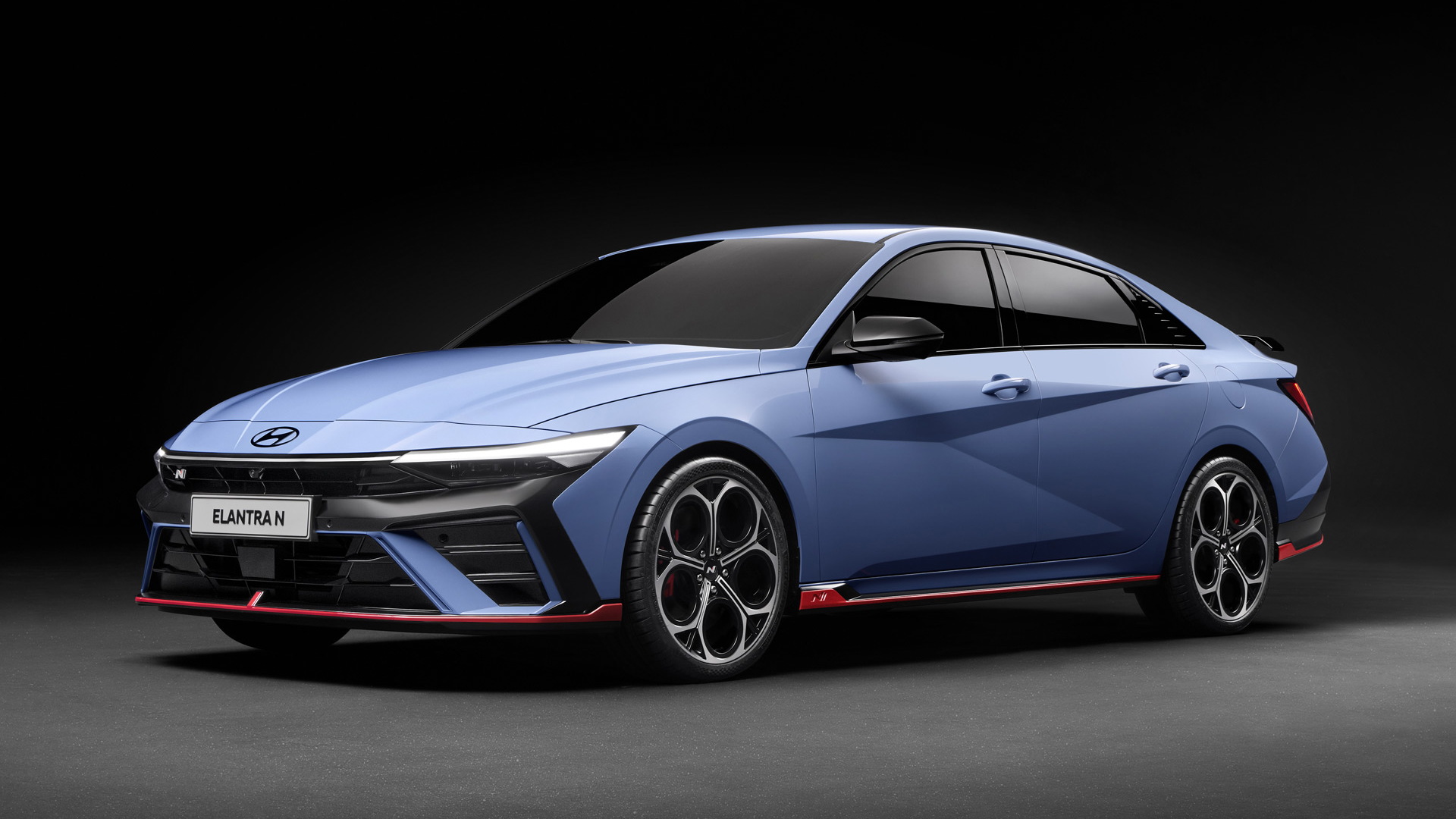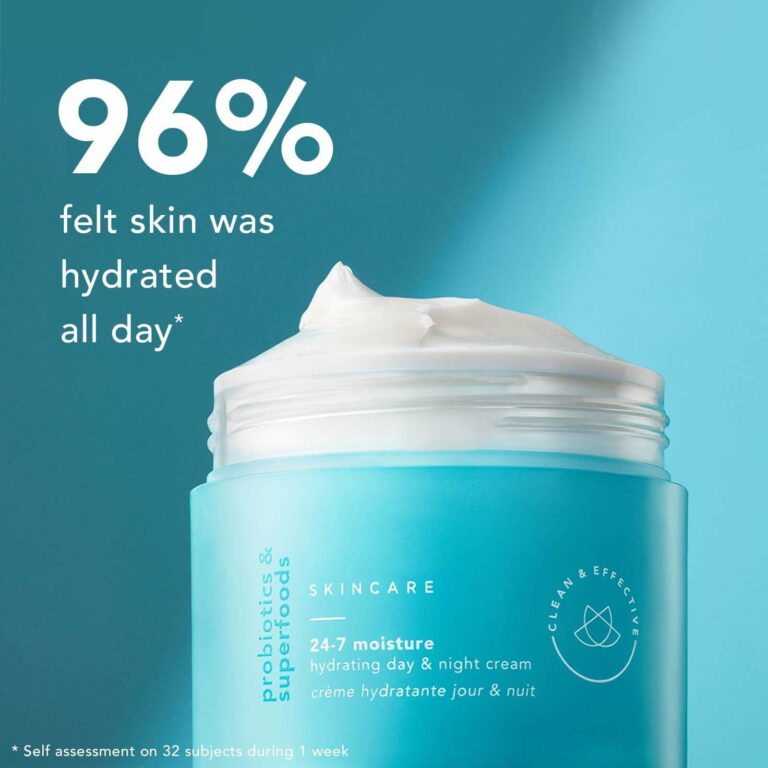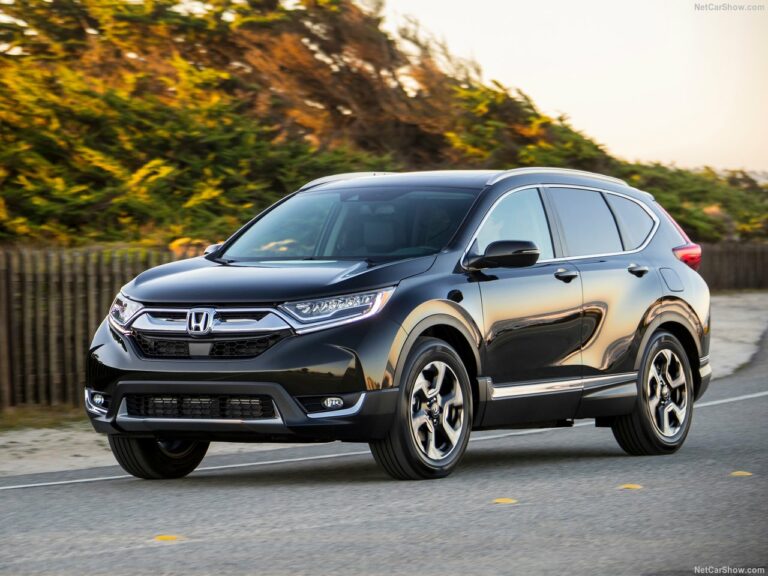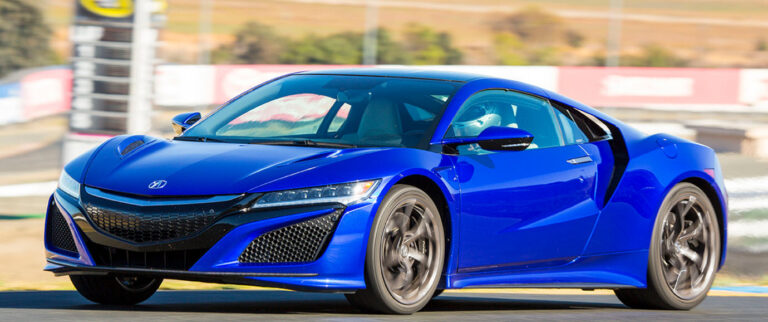Is Hyundai A Good Car Brand? A Comprehensive Evaluation
Is Hyundai A Good Car Brand? A Comprehensive Evaluation cars.truckstrend.com
For decades, the automotive landscape has been a fiercely competitive arena, with brands constantly vying for consumer trust, loyalty, and market share. Among them, Hyundai stands out as a remarkable success story, having transformed its image from a budget-friendly option to a globally recognized leader in design, technology, and value. But the lingering question for many prospective buyers remains: Is Hyundai a good car brand?
The answer, in short, is a resounding yes, though the full picture is nuanced and far more compelling than a simple affirmation. Hyundai has meticulously engineered its evolution, investing heavily in research and development, design innovation, and manufacturing quality to deliver a product line that consistently challenges established players. This article will delve into various facets of the Hyundai brand, providing a comprehensive evaluation to help you understand why it has become a top contender in the global automotive industry.
Is Hyundai A Good Car Brand? A Comprehensive Evaluation
A Journey of Transformation: Hyundai’s Evolution
Hyundai Motor Company, founded in 1967 in South Korea, initially entered international markets with vehicles known primarily for their affordability. Early models, while economical, often lacked the refinement and perceived reliability of their Japanese or European counterparts. However, this perception began to shift dramatically in the late 1990s and early 2000s, driven by a strategic commitment to quality, a groundbreaking warranty program, and a focus on advanced engineering.
Hyundai’s journey has been marked by continuous improvement, aggressive design overhauls, and a relentless pursuit of technological advancement. From the introduction of the "America’s Best Warranty" in 1998 to the establishment of sophisticated design studios in Europe and the US, Hyundai has systematically dismantled old stereotypes, positioning itself as a forward-thinking, innovative, and highly competitive brand. Today, it stands alongside its sibling brand, Kia, as a formidable force in virtually every automotive segment.
Reliability and Durability: Building Trust on the Road
One of the most critical aspects of evaluating any car brand is its reliability. Historically, this was an area where Hyundai faced skepticism. However, independent assessments and long-term ownership experiences now paint a very different picture.
- Industry Accolades: Hyundai consistently performs well in reputable reliability studies. J.D. Power, known for its extensive consumer surveys, frequently ranks Hyundai among the top brands for initial quality and long-term dependability. While not always at the very top, it consistently ranks above the industry average, often surpassing many legacy brands. Consumer Reports also frequently includes Hyundai models in its "Recommended" lists, praising their overall reliability and owner satisfaction.
- Addressing Past Issues: Like any major automaker, Hyundai has faced recalls, particularly concerning some engine issues in the past. What distinguishes a "good" brand is its response. Hyundai has generally been proactive in addressing these concerns, offering extended warranties and comprehensive recall campaigns, demonstrating a commitment to customer safety and satisfaction.
- Long-Term Ownership: Many Hyundai owners report positive long-term experiences, citing minimal major mechanical issues and reasonable maintenance costs. Regular servicing, as with any vehicle, is key to maximizing longevity, but the underlying engineering has proven robust.
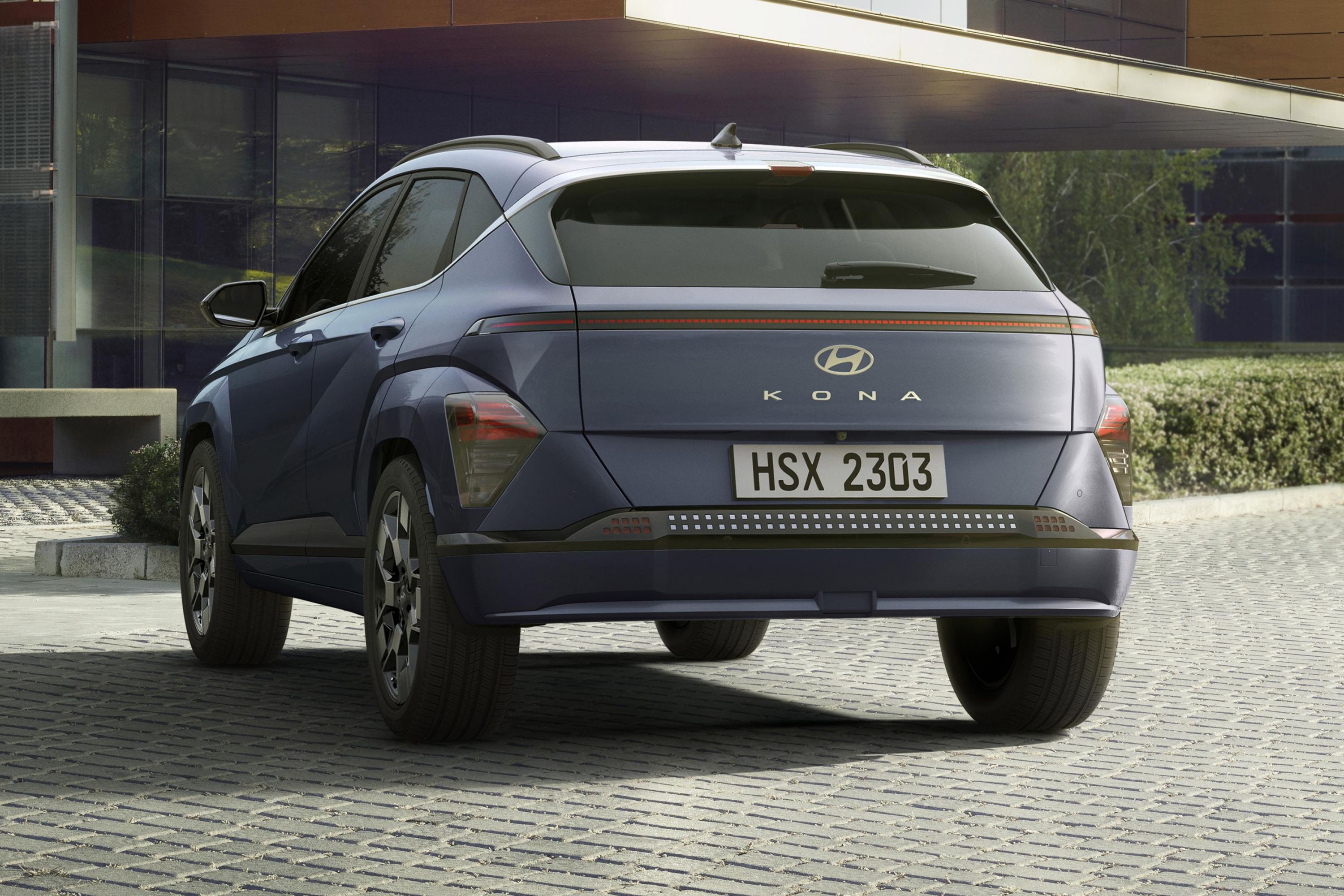
Unbeatable Value Proposition: More Than Just a Price Tag
Hyundai has perfected the art of offering exceptional value without compromising on quality or features. This remains a cornerstone of its appeal.
- Competitive Pricing: Hyundai vehicles are often priced competitively within their segments, making them accessible to a broad range of buyers.
- Generous Standard Features: A significant advantage of Hyundai is the wealth of standard features included across its trim levels. Many features that are optional or reserved for higher trims in competitor vehicles come standard in a Hyundai, from advanced infotainment systems to comprehensive safety suites. This means buyers get more for their money upfront.
- America’s Best Warranty: This groundbreaking warranty program remains a key differentiator. It includes a 10-year/100,000-mile powertrain limited warranty and a 5-year/60,000-mile new vehicle limited warranty. This extensive coverage provides immense peace of mind and speaks volumes about Hyundai’s confidence in its product quality.
- Resale Value: While historically not as strong as some Japanese brands, Hyundai’s resale values have been steadily improving. As its reputation for reliability and quality grows, and with a strong market presence, the depreciation curve has become more favorable, making them a more attractive long-term investment.
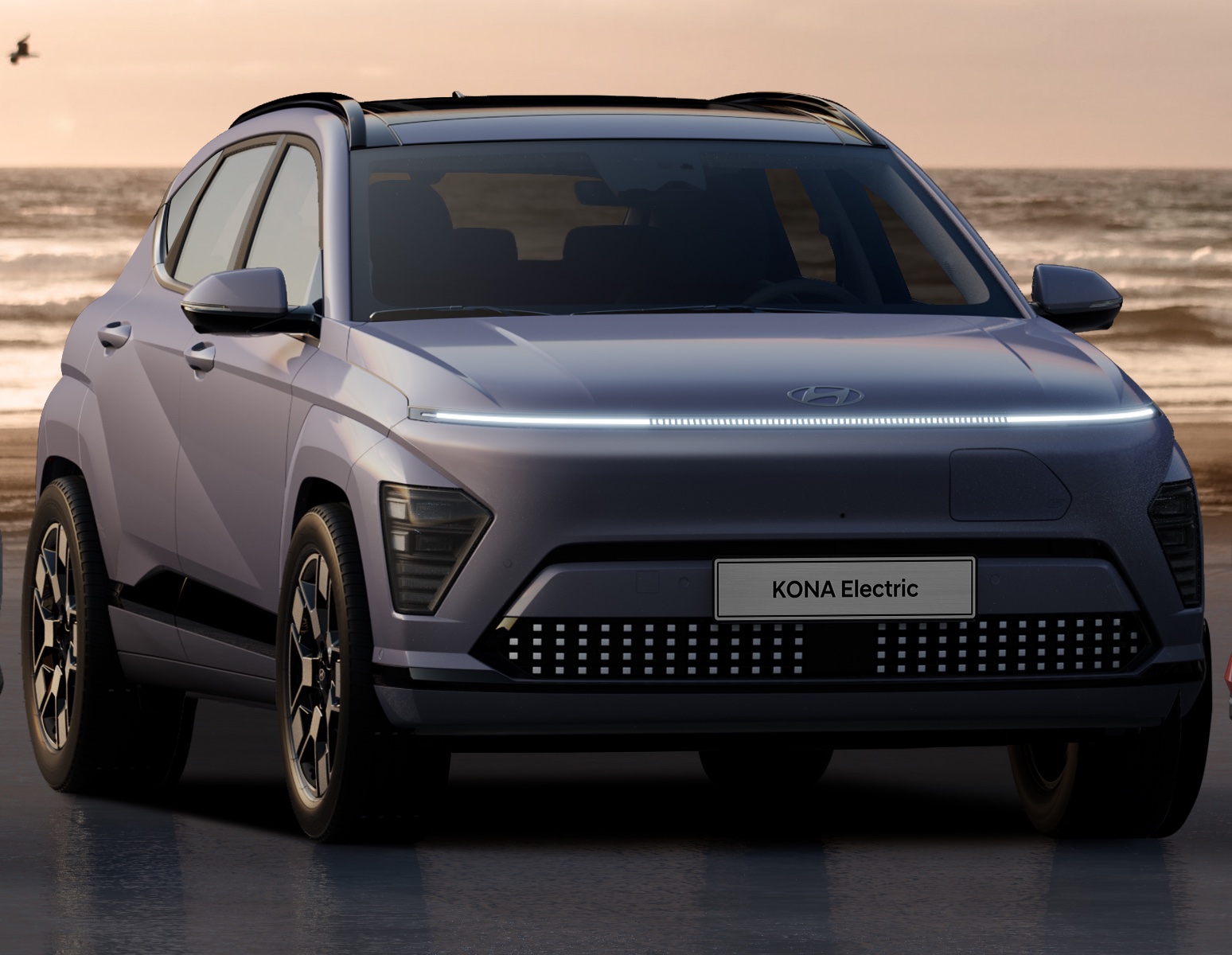
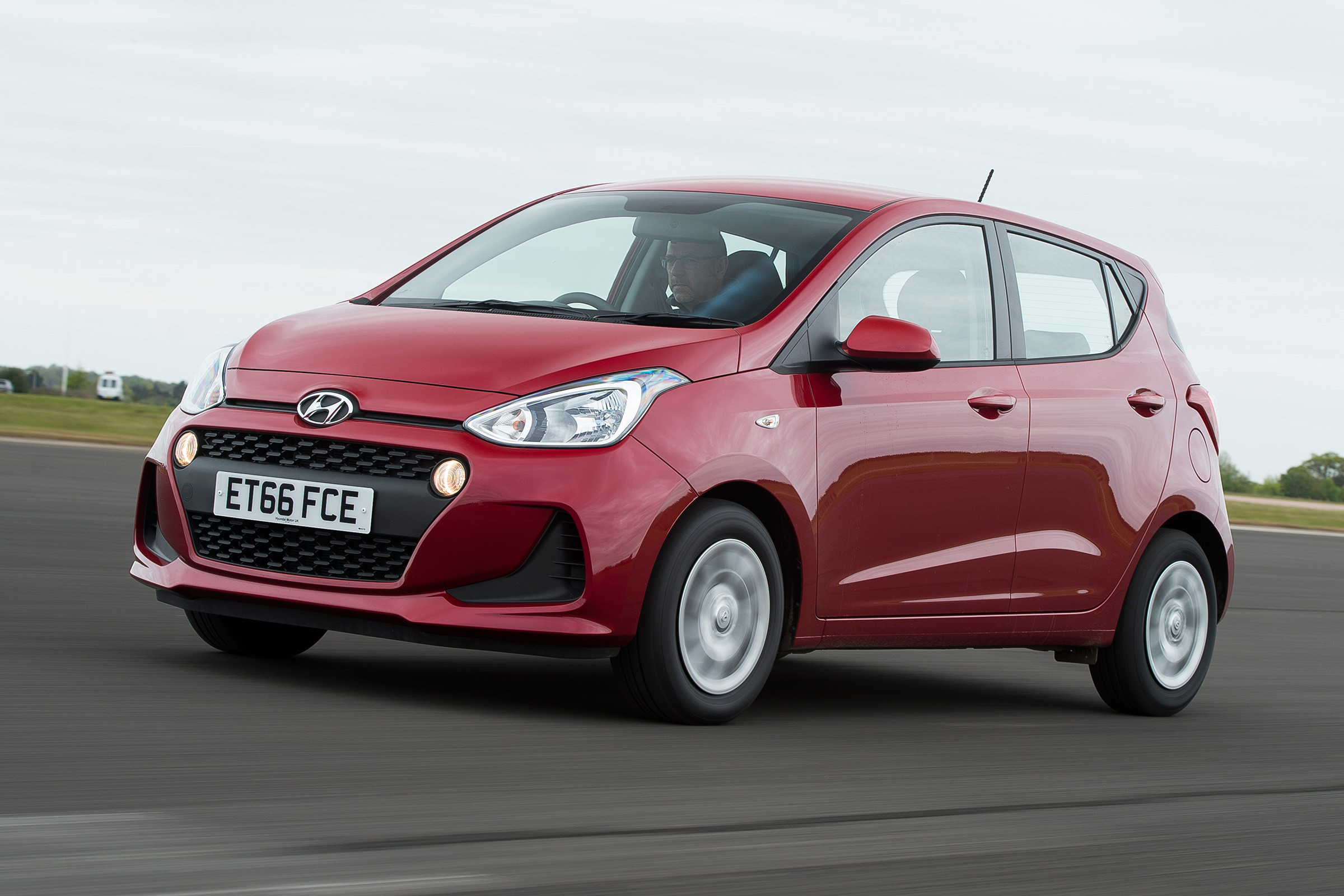
Design and Innovation: A Visual and Technological Revolution
Gone are the days of bland, utilitarian Hyundai designs. The brand has undergone a dramatic aesthetic transformation, establishing a distinct and often avant-garde design language.
- Exterior Design: Hyundai’s current design philosophy, exemplified by concepts like "Sensuous Sportiness" and "Parametric Dynamics," has resulted in some of the most striking vehicles on the road. Models like the Elantra, Sonata, Tucson, and the entire IONIQ electric vehicle line showcase bold lines, distinctive lighting signatures, and a premium feel that belies their price point.
- Interior Design & Technology: Hyundai interiors are increasingly sophisticated, featuring high-quality materials, ergonomic layouts, and intuitive technology. Large digital instrument clusters, expansive touchscreens for infotainment, and seamless smartphone integration (Apple CarPlay, Android Auto) are commonplace. The brand’s Bluelink connected car services offer remote access, vehicle diagnostics, and emergency assistance, further enhancing the ownership experience.
- Advanced Driver-Assistance Systems (ADAS): Hyundai SmartSense is a comprehensive suite of safety and convenience technologies, often standard across many models. This includes features like Forward Collision-Avoidance Assist, Lane Keeping Assist, Blind-Spot Collision-Avoidance Assist, Smart Cruise Control, and Driver Attention Warning, putting cutting-edge safety within reach of more consumers.
Safety First: Prioritizing Protection
Hyundai has made safety a paramount concern, consistently achieving top ratings from independent testing agencies.
- IIHS and NHTSA Ratings: Many Hyundai models routinely earn "Top Safety Pick+" awards from the Insurance Institute for Highway Safety (IIHS) and 5-star overall safety ratings from the National Highway Traffic Safety Administration (NHTSA). These top-tier ratings reflect robust crash structures and the effectiveness of Hyundai’s advanced safety technologies.
- Comprehensive Safety Suites: The widespread availability of Hyundai SmartSense across its lineup means that even entry-level models often come equipped with critical active safety features that can help prevent accidents or mitigate their severity.
Performance and Powertrains: A Spectrum of Choices
Hyundai offers a diverse range of powertrains to cater to various preferences and needs, from efficient daily drivers to performance-oriented vehicles and cutting-edge electric models.
- Traditional Powertrains: The lineup includes highly efficient gasoline engines, often featuring turbocharging for a balance of power and fuel economy.
- Electrification Leadership: Hyundai is at the forefront of automotive electrification. It offers a strong selection of hybrids, plug-in hybrids (PHEVs), and a dedicated sub-brand for battery electric vehicles (BEVs) called IONIQ. Models like the IONIQ 5 and IONIQ 6 have garnered critical acclaim for their range, fast-charging capabilities, and innovative design.
- N and N Line Performance: For enthusiasts seeking a more dynamic driving experience, Hyundai offers its "N" performance division (e.g., Elantra N, Kona N) and "N Line" sportier trims. These vehicles provide enhanced power, tuned suspensions, and more aggressive styling, demonstrating Hyundai’s ability to compete in the performance segment.
Environmental Stewardship: Paving the Way for a Sustainable Future
Hyundai’s commitment to sustainability extends beyond just electric vehicles. The company is actively investing in and developing various eco-friendly technologies.
- IONIQ Sub-Brand: The creation of the IONIQ brand underscores Hyundai’s serious commitment to becoming a leader in the EV market.
- Hydrogen Fuel Cell Technology: Hyundai is one of the few automakers actively developing and selling hydrogen fuel cell vehicles, such as the NEXO, showcasing a long-term vision for a zero-emission future.
Customer Experience and Ownership: Beyond the Purchase
The ownership experience encompasses more than just the car itself; it includes dealer interactions, service, and support.
- Dealer Network: Hyundai has a robust dealer network, and while individual dealer experiences can vary, the brand has made efforts to improve customer service and satisfaction across its dealerships.
- Maintenance and Parts: Routine maintenance costs for Hyundai vehicles are generally competitive and reasonable. Parts are readily available, and technicians are well-trained to service the brand’s diverse lineup.
- Hyundai Service Programs: Offerings like complimentary maintenance for a period (on some models/regions) further enhance the ownership value proposition.
Potential Drawbacks and Considerations
While Hyundai has made incredible strides, it’s important to acknowledge a few considerations:
- Lingering Perception: Despite significant improvements, some consumers may still hold outdated perceptions of Hyundai as a "cheap" brand, which can affect initial brand consideration or even resale value perception, though this is rapidly changing.
- Specific Model Issues: While overall reliability is good, like any manufacturer, specific models or production years might have isolated issues or recalls. It’s always wise to research the specific model and year you’re interested in.
- Dealer Consistency: While many dealerships offer excellent service, the quality can vary. It’s advisable to research and choose a reputable local dealer for sales and service.
Practical Advice for Prospective Hyundai Buyers
If you’re considering a Hyundai, here’s some practical advice:
- Define Your Needs: Determine your budget, space requirements, desired features, and preferred powertrain (gas, hybrid, EV).
- Research Specific Models: Don’t just consider the brand; research the specific Hyundai model that fits your criteria. Read recent reviews from automotive journalists and owner forums.
- Test Drive Thoroughly: Spend ample time test driving different trims and engine options to assess comfort, performance, and technology integration.
- Compare Features and Value: Pit Hyundai models against direct competitors. You’ll often find that Hyundai offers more standard features for the price.
- Understand the Warranty: Familiarize yourself with Hyundai’s excellent warranty coverage, as it’s a significant advantage.
- Check Local Dealer Reviews: Look up reviews for your local Hyundai dealerships to gauge their customer service reputation.
Hyundai Model Price Ranges (Estimated Starting MSRPs – As of Early 2024)
Please note these are starting MSRPs for the base models and do not include destination charges, options, or higher trims. Prices are subject to change.
| Vehicle Type | Model Name | Estimated Starting MSRP Range (USD) | Key Characteristics |
|---|---|---|---|
| Compact Sedan | Elantra | $21,000 – $28,000 | Stylish, fuel-efficient, tech-forward |
| Mid-Size Sedan | Sonata | $28,000 – $38,000 | Sleek design, comfortable, available hybrid |
| Subcompact SUV | Venue | $20,000 – $24,000 | Urban-friendly, affordable, compact |
| Compact SUV | Kona | $24,000 – $35,000 | Fun-to-drive, distinctive design, EV available |
| Compact SUV | Tucson | $28,000 – $40,000 | Bold design, spacious, available hybrid/PHEV |
| Mid-Size SUV | Santa Fe | $30,000 – $48,000 | Family-friendly, refined, available hybrid/PHEV |
| 3-Row Mid-Size SUV | Palisade | $38,000 – $55,000 | Premium feel, spacious, comfortable for families |
| Compact EV | IONIQ 5 | $42,000 – $58,000 | Retro-futuristic, fast charging, excellent range |
| Mid-Size EV Sedan | IONIQ 6 | $43,000 – $57,000 | Aerodynamic, long range, unique design |
| Hydrogen FCEV | NEXO | $60,000 – $65,000 | Hydrogen fuel cell, limited availability |
Frequently Asked Questions (FAQ)
Q1: Are Hyundais reliable?
A1: Yes, modern Hyundais are considered very reliable. They consistently rank above average in reliability studies from organizations like J.D. Power and Consumer Reports, a significant improvement from their earlier reputation.
Q2: Is Hyundai’s warranty really that good?
A2: Absolutely. Hyundai’s "America’s Best Warranty" is one of the best in the industry, offering a 10-year/100,000-mile powertrain limited warranty and a 5-year/60,000-mile new vehicle limited warranty. This demonstrates strong confidence in their product quality.
Q3: Do Hyundais hold their value?
A3: Hyundai’s resale values have been steadily improving over the past decade. While they may not always match some top Japanese competitors, their strong reputation for reliability, features, and warranty coverage contributes to better retention than in the past.
Q4: Are Hyundai parts expensive or hard to find?
A4: Generally, Hyundai parts are reasonably priced and readily available through their extensive dealer network and aftermarket suppliers, contributing to competitive ownership costs.
Q5: Is Hyundai a luxury brand now?
A5: While Hyundai itself is not positioned as a luxury brand, its vehicles often offer near-luxury features, sophisticated designs, and advanced technology that rival premium marques, especially in higher trims. Hyundai’s luxury division is Genesis, which competes directly with brands like BMW, Mercedes-Benz, and Lexus.
Q6: Where are Hyundais made?
A6: Hyundai vehicles are manufactured in various locations worldwide. Many vehicles sold in North America are produced in Hyundai’s plant in Montgomery, Alabama, USA. Other models are produced in South Korea, Mexico, and other global facilities.
Conclusion: A Resounding "Yes" with Nuance
In conclusion, the question "Is Hyundai a good car brand?" can be answered with a confident and resounding "yes." Hyundai has not merely improved; it has fundamentally transformed into a global automotive leader. It offers a compelling blend of stylish design, cutting-edge technology, robust safety features, diverse powertrains (including a strong commitment to electrification), and an unbeatable value proposition, all backed by an industry-leading warranty.
While no brand is without its minor considerations, Hyundai has consistently demonstrated its commitment to quality, innovation, and customer satisfaction. For buyers seeking a modern, reliable, and feature-rich vehicle that delivers exceptional value for money, Hyundai is not just a good choice—it’s often one of the smartest choices in today’s automotive market. Its journey from underdog to innovator is a testament to its relentless pursuit of excellence, making it a brand truly deserving of your consideration.
